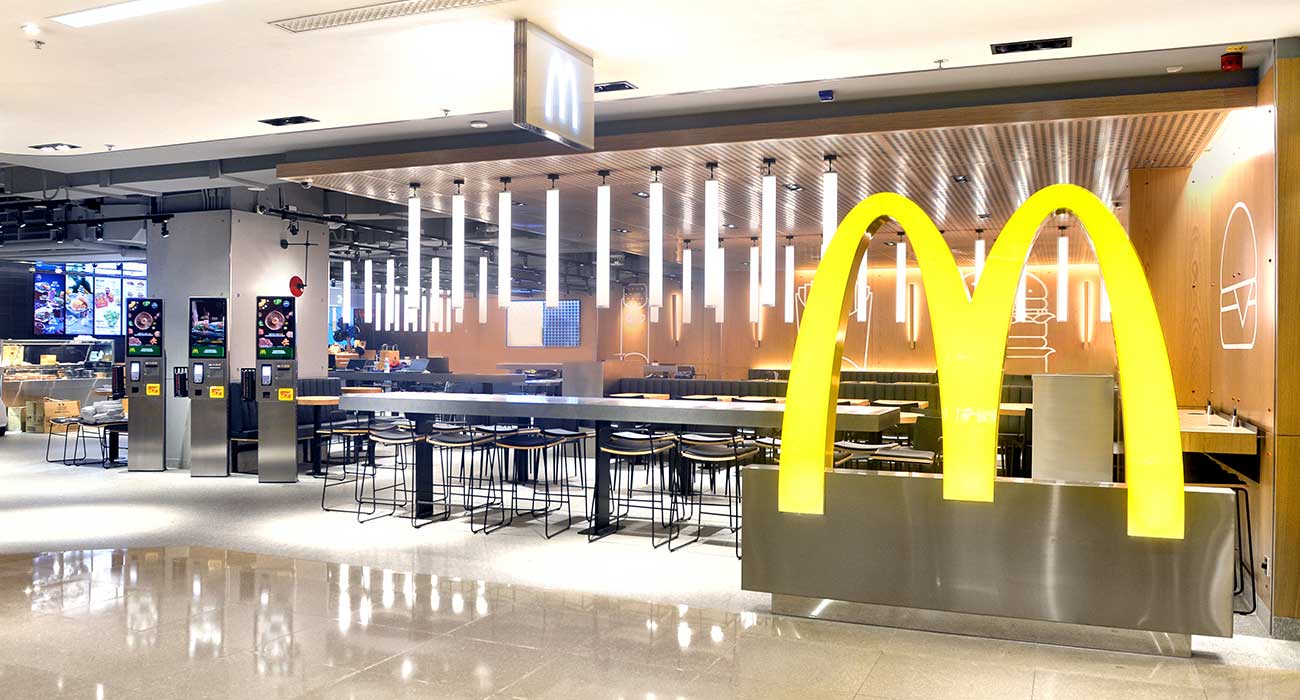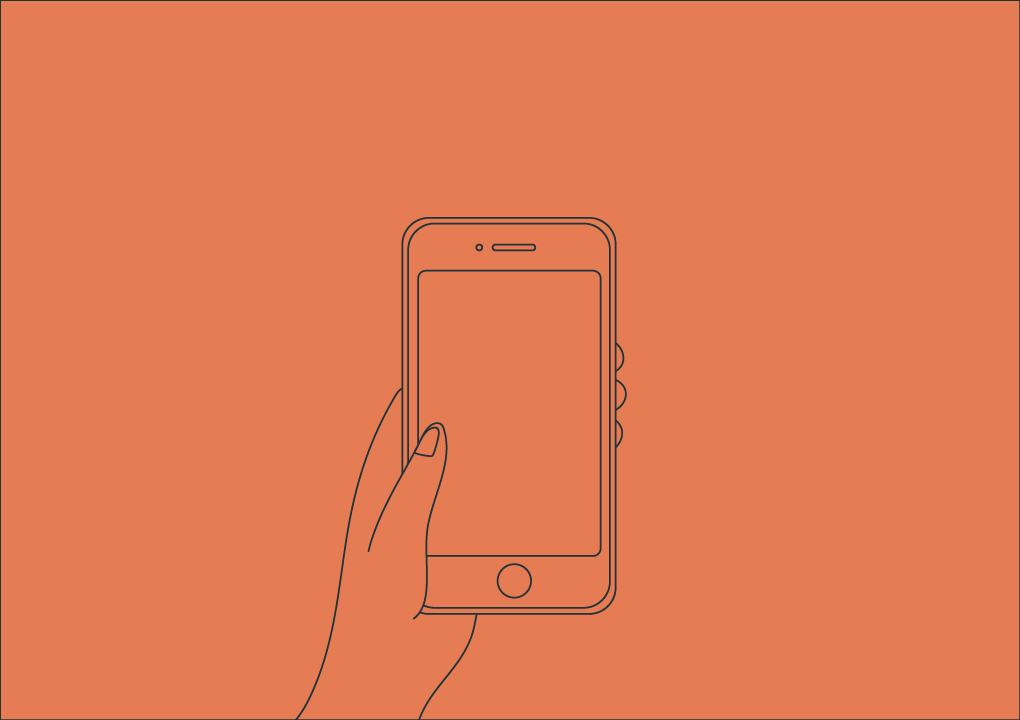Pessimists would have you believe, the financial crisis & online shopping is killing traditional physical retailers. Optimists would say; “go check out your high street this Christmas”.
Tangible thinks your retail experience must clearly articulate your unique brand story, then you can start converting spectator shoppers into loyal fans.
1. Your retail space does not sell products, it sells your brand.
We always say this, but if you define your brand clearly, then your retail experience is not simply a place that sells stuff, it’s a place where you express your purpose & get your customers to see, touch & feel it.
2. Get your core team involved in the design of their retail outlet.
Hoteliers always say the opening team provides the best service & tend to be the most loyal. It’s the same for anything, the more emotionally invested you are, the more you care. When Tangible involved LBC’s staff in physically building their retail outlets they not only enjoyed a fun day in an aircraft hanger, they invested themselves into the success of the business.
3. Embrace technology & think how it integrates with your brand.
Whether it’s staff armed with iPads or talking mirrors, retail & technology is a big topic, so here are two links if you’d like to read more:
11 great ways to use digital technology in retail stores
4. Know your target audience, you’re not designing for yourself
We know this sounds obvious but sometimes you walk into a space & wonder ‘why’ & other times you can see how the space has been designed for a particular target audience (think Abercrombie & Fitch).
5. Create defined experiences within your retail design.
Apple came up with the Genius Bar because they wanted a large scale store but when they conceived the store, they only had 2 desktops, 2 laptops & some software products. The vision was to; ‘create an experience that was distinctly Apple & different from the kind of experience most people would have had with technology’. Today, Apple Stores, averaging roughly $6,000 in sales per square foot per year, or more than twice that of any major retailer.
McDonald’s ‘Plan to Win’ growth strategy, started in 2003 when executives realized their core markets had gorged on expansion.
The company supersized to more than 30,000 stores in 100-plus countries, each one a copy of the one before. The company was battered by criticism from Fast Food Nation & anti-globalization forces, & it seemed to be searching for a future beyond burgers & fries.
‘Plan to Win’ has helped drive the stock up 437%. The strategy’s three pillars are menu innovation, store renovation, & an upgrade of the ordering experience.
Read more: Making over McDonald’s
Share this article



